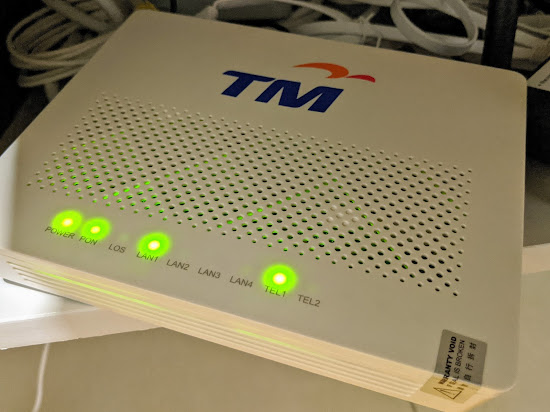What Fasting Does To The Body
taken from visionmagazine.com
Fasting is not easy...
All through the day, you have an uncomfortable stomach ache & a constant desire for your favourite foods...
This pain & hunger was driving me nuts!
I HAD TO KNOW WHAT I WAS DOING TO MY BODY!!
So, I did some internet research.
I found these sites most useful:
Fasting - Wikipedia.org (2008)
The Health Benefits of Fasting - Carol, W. (2002)
And let me share what I have discovered from my research...
~~~
I found out that fasting technically begins when the body uses its stored energy reserves.
This is usually 12hrs after the last meal.
Your body will break down: first the food in stomach, glycogen in liver, glycogen in muscles, ketones in fat, protein in muscles and finally the protein in organs.
However, once the body starts using protein stores (from muscles & organs), a person is technically starving (BAD!!).
Cons of Fasting
I tried to look for the detrimental effects of fasting but there are none significant enough to justify mentioning.
Take note that each person responds differently to fasting depending on the levels of toxicity in his/her body. Some people may become sick (headaches, vomiting & faintness) while others feel energized and renewed.
There is also a warning that people should consult their physician before attempting any type of long-term fasting.
Pros of Fasting
Therefore, let me move on to the positive effects of fasting.
Mainly, the healing and rejuvenating effects on the body.
Pros: Healing
The healing effect of fasting is well known. From a scientific point of view, I will share a few reasons why fasting contributes to the health of an individual.
The healing during a fast is mainly motivated by the body's search for energy sources.
During a fast, the body starts to break down its energy reserves.
The body stores toxins/chemicals in fats as a natural defence mechanism. When the body breaks down its fat reserves for energy, these toxins are released and are often expelled from the body in the form of sweat, urine and faeces.
There will also be an increased efficiency in the way the body functions.
Regeneration is more efficient because the body will make fewer mistakes when producing new cells. This results in healthier cells, tissues and organs.
Hormone production is also more efficient during a fast which results in growth hormones (among others) being released more frequently.
The body will also prioritise its resource distribution. Therefore, abnormal growths (like tumours) will not receive full support. They may even be broken down for energy.
Pros: Rejuvination
Fasting also causes the feeling of rejuvenation and extends life expectancy. This is partly because of the healing benefits of fasting mentioned earlier as well as an anti-aging hormone that is produced more efficiently during fasting.
Studies have found that the only reliable way to extend the lifespan of a mammal is under-nutrition without malnutrition.
There was a study in the 1930s on earthworms where a worm was isolated and put on a cycle of fasting and feeding.
This isolated worm was found to outlast its relatives by 19 generations!
This is the same as keeping a man alive for 600 to 700 years!
Furthermore, it was also able to maintain its youthful physiological traits!
If the effect is the same on humans, which may be true due to the aforementioned healing and anti-aging benefits of fasting, fasting may not be too painful to endure.
Conclusion
Overall, I think a properly planned regulated fast is beneficial to a human being because of the healing, detox and rejuvenating effects it has on the body.
Personally, I have been fasting on soild foods during the day for almost a week now and I have yet to experience any detrimental effects.
After the Ramadan, I might plan to fast for a day or two every fortnight for the health benefits.
You may follow my plan but I suggest you consult your physician first if you have health complications (like obesity, high blood pressure & etc).





